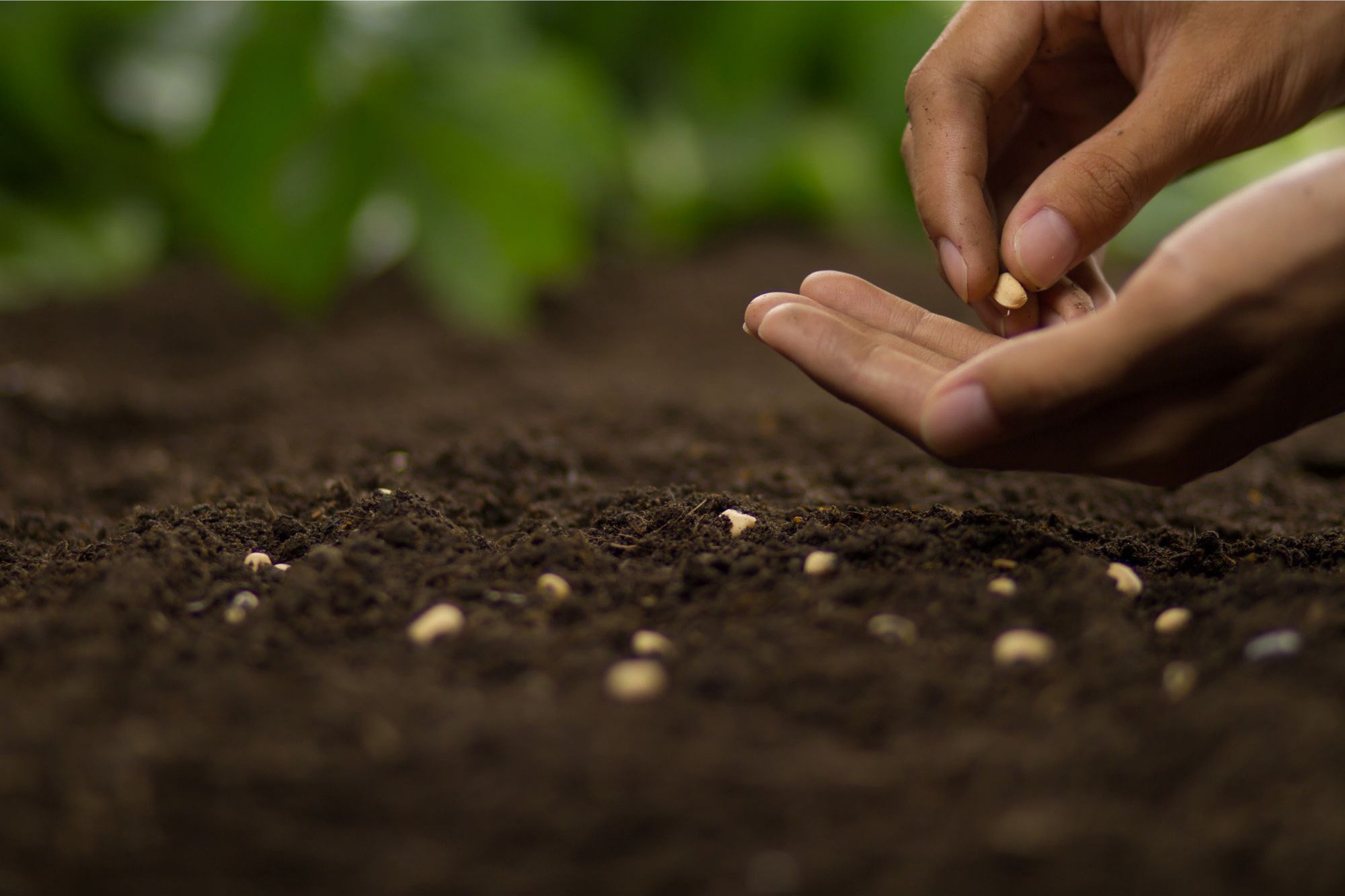We Have "Disrupted Evolutionary Processes" - Modern Seeds Aren't Ready for Climate Change [View all]
https://scitechdaily.com/we-have-disrupted-evolutionary-processes-modern-seeds-arent-ready-for-climate-change/
 Industrial agriculture has reshaped plant evolution to prioritize high yields, often overlooking environmental adaptability and resilience. University of Vermont researchers emphasize the importance of smallholder farmers’ diverse, locally adapted crops (landraces) for future food security in a climate-changing world, advocating for policies that value and integrate these traditional seeds and farming insights for sustainable agriculture.
Industrial agriculture has reshaped plant evolution to prioritize high yields, often overlooking environmental adaptability and resilience. University of Vermont researchers emphasize the importance of smallholder farmers’ diverse, locally adapted crops (landraces) for future food security in a climate-changing world, advocating for policies that value and integrate these traditional seeds and farming insights for sustainable agriculture.
Since World War II, humans have profoundly transformed the evolution of agricultural plants, reshaping our seed systems through industrial farming methods to meet the demands of a growing population. However, according to UVM researchers, in the face of a changing climate in the coming decades, the seeds that will sustain the world are in the care of smallholder farmers.
In a new discussion in Plants, People, Planet, Chen and coauthors examine how the emergence of professional crop breeders has “disrupted evolutionary processes” to “reshape the entire food system.” The mass production of high-yielding seeds in limited varieties has created a chasmic divide between a “formal seed system,” which now sells most seeds worldwide, and the “informal seed system”, which consists of farmers who select their own seeds to develop diverse, locally adapted crop varieties, known as landraces.
In selecting these landraces, smallholder farmers provide evosystem services—the benefits we gain from biodiversity, developed through evolutionary processes, Chen, a Fellow at the Gund Institute for Environment, explains. These services include crops’ adaptation to stresses including drought, salinity, and pests, which, she adds, are expected to increase as the climate warms, noting such services are crucial for the future of sustainability.
“Formal seed system crop breeders have selected varieties with a singular focus on achieving high yields,” Chen says. “The assumption is that breeding is a science of unlocking a crop’s yield potential—that modernity will feed the world.” This has been achieved using fertilizers, irrigation, and pesticides to recreate essentially the same fertile environment regardless of location. Crop breeders have selected modern seed varieties to grow in these ideal conditions, Chen says.
